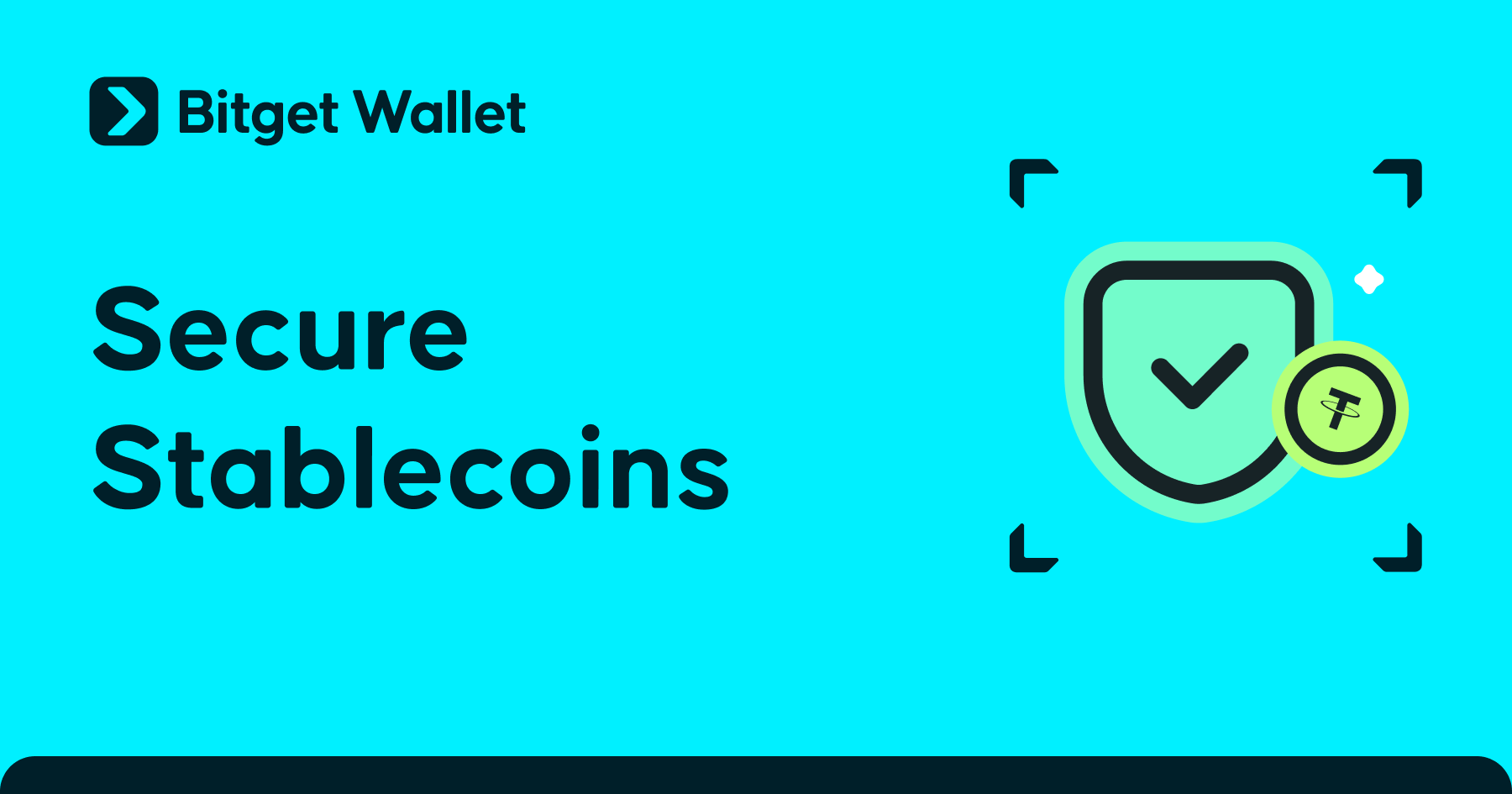Understanding Sybil Attacks: The Digital Threat to Decentralization

In the ever-evolving landscape of blockchain technology and decentralized systems, security remains a paramount concern. Among the various threats that can undermine the integrity of these systems, a Sybil attack stands out as a particularly insidious method of manipulation. This article will explore what a Sybil attack is, how it operates, and its implications for blockchain projects, including a recent case involving Worldcoin in Singapore.
What is a Sybil Attack?
A Sybil attack is a type of governance attack which targets the decision-making processes within a DAO to manipulate outcomes or exploit vulnerabilities.
Specifically, a Sybil attack is a security threat on peer-to-peer networks, where a single entity creates numerous fake identities to gain control over the network. This manipulation can distort consensus mechanisms, allowing the attacker to influence decision-making processes, manipulate voting outcomes, or disrupt network operations. The name "Sybil" comes from the book "Sybil: The Woman Who Posed as a Multiple Personality," which chronicled the life of a woman who exhibited various distinct identities.
In blockchain networks, Sybil attacks can pose significant risks. For example, if an attacker can generate a large number of nodes, they may be able to overwhelm the network's consensus algorithm, manipulate the system for personal gain, or undermine the trust that is essential for decentralized applications.
How Sybil Attacks Work
The mechanics of a Sybil attack are straightforward but effective. It typically unfolds in several key steps. First, the attacker creates multiple identities, often utilizing various IP addresses and digital signatures to obscure their true identity. This can involve employing bots or automated scripts to generate numerous accounts.
Once these multiple identities are established, the attacker then infiltrates the network. By posing as different users, they can engage in consensus processes, vote on proposals, or participate in trading activities. With a significant number of nodes under their control, the attacker gains the ability to manipulate the network’s behavior. This might involve skewing voting outcomes, blocking transactions, or executing double-spend attacks.
Ultimately, the attacker can exploit the network for personal gain. This could mean siphoning funds, gaining control over governance processes, or disrupting services to competitors.
Implications for Blockchain Projects
The implications of Sybil attacks for blockchain projects are far-reaching. One of the foundational principles of blockchain technology is trustlessness, which allows participants to engage in transactions without needing to trust each other. A successful Sybil attack undermines this principle, eroding confidence in the system.
Moreover, many blockchain networks rely on consensus mechanisms, such as Proof of Work or Proof of Stake, to validate transactions. A Sybil attack can skew these consensus processes, enabling an attacker to validate fraudulent transactions or block legitimate ones. In a worst-case scenario, such attacks can lead to significant financial losses for users. If an attacker can manipulate the market or drain liquidity, it could destabilize the entire ecosystem.
The Worldcoin Incident
A recent incident involving Worldcoin in Singapore highlights the real-world implications of Sybil attacks and raises questions about user verification in decentralized systems. Worldcoin, a cryptocurrency project that aims to create a global identity and financial network, faced scrutiny after reports emerged of potential irregularities in user account sales. Investigations revealed that some individuals might have exploited the system, creating multiple accounts to receive benefits intended for unique users.
This situation exemplifies how Sybil attacks can manifest in real-world applications. The ability of a small number of users to create multiple accounts can lead to distorted incentives, undermining the project’s objectives. As a response, Worldcoin is reportedly working on enhancing its verification processes to prevent such abuses, which highlights the ongoing challenge of maintaining security in decentralized ecosystems.
Mitigating Sybil Attacks
To protect against Sybil attacks, blockchain projects can implement several effective strategies. One approach is to introduce stringent identity verification measures. By ensuring that each participant in the network is a unique individual, projects can significantly reduce the risk of multiple identities being created. This verification process might involve biometric identification, government-issued IDs, or other forms of authentication.
Another effective strategy is the use of economic incentives. By designing a system where it is costly for an attacker to maintain multiple identities, blockchain projects can deter potential Sybil attacks. For example, requiring participants to stake a certain amount of cryptocurrency can make it prohibitively expensive for an attacker to create numerous nodes.
Additionally, establishing reputation systems can help identify and mitigate the impact of malicious actors within the network. Users with a positive reputation can wield more influence, which makes it harder for newcomers with no established reputation to sway outcomes in their favor.
Finally, implementing decentralized governance mechanisms can provide community oversight that helps detect irregular patterns of behavior. This can make it more challenging for a single entity to dominate the network, thus enhancing its overall resilience against Sybil attacks.
Fortifying the Future: Safeguarding Blockchain Against Sybil Attacks
As blockchain technology continues to develop and gain traction, understanding and mitigating threats like Sybil attacks is crucial. These attacks not only pose risks to the integrity of decentralized systems but also challenge the core principles of trust and security that underpin blockchain networks. The incident involving Worldcoin serves as a timely reminder of the vulnerabilities inherent in digital ecosystems and the need for robust solutions to protect against manipulation. By adopting proactive measures and fostering a culture of transparency, the blockchain community can work towards building safer and more resilient networks.
Experience the safest platform that is Bitget Wallet. Experience its comprehensive features including wallet management, Swap capabilities, an NFT Market, DApp Browser and Launchpad functionalities.
Bitget Wallet supports over 100 public chains, offering optimal trading prices aggregated from leading DEXes and NFT markets. Seamlessly interact with decentralized applications and digital assets to capitalize on the opportunities presented by the Web3 ecosystem. Embrace decentralization with confidence by joining Bitget Wallet now and accessing a robust suite of tools for navigating the decentralized world.
- What Is Crypto Fear and Greed Index: How Traders Read Fear vs Greed Signals2025-11-19 | 5 mins
- How to Pay with Crypto: Fast, Safe, and Beginner-Friendly Method2025-11-18 | 5 mins
- How to Convert Your Crypto to Cash: 5 Easy Ways for Beginners2025-11-18 | 5 mins

















